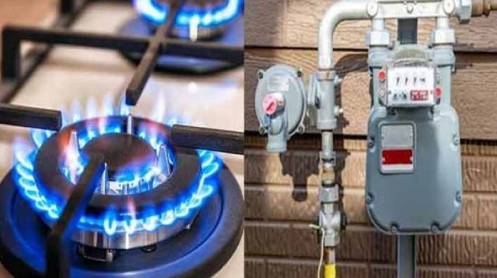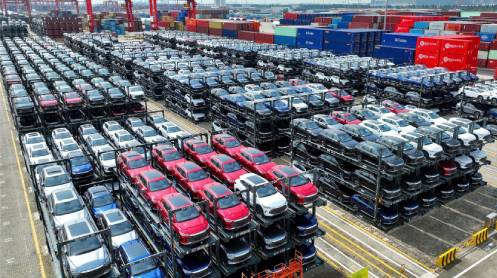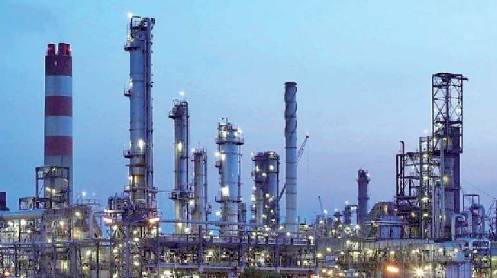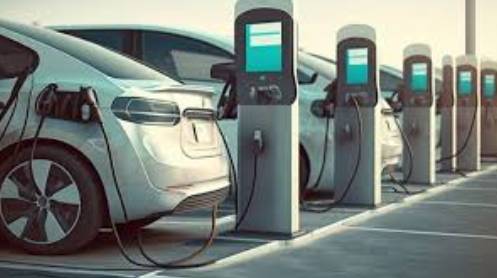9% Gas Rate Increase for Industrial Captive Power Units Rs133 Billion Relief Blocked for Other Consumers
ISLAMABAD: In response to the International Monetary Fund’s (IMF) demands, the government announced a 9% increase in gas rates for industrial captive power units starting July 1. Additionally, it blocked a 15% (Rs133 billion) relief in average gas rates for other consumers despite lower international oil prices.
This decision came during a special meeting of the Economic Coordination Committee (ECC), chaired by Finance Minister Muhammad Aurangzeb, aiming to comply with IMF conditions for a three-year loan program. The petroleum division highlighted that phasing out captive power plants from the gas grid by January 2025 is also a structural benchmark set by the IMF.
Despite the Oil and Gas Regulatory Authority (Ogra) determining a Rs180 per unit reduction in gas prices for fiscal year 2024-25, the government opted to absorb the Rs133 billion price cut to address circular debt instead of providing consumer relief.
The ECC approved a Rs250 per unit (9.1%) increase in gas rates for captive plants of the general industry, raising the rate to Rs3,000 per million British thermal units (mmBtu) from Rs2,750. Gas tariffs for other users will remain unchanged until December 31, 2024.
Ogra estimated the revenue requirements for fiscal 2025 for both Sui Northern Gas Pipelines Ltd (SNGPL) and Sui Southern Gas Company Ltd (SSGCL), which amount to a combined Rs897 billion. Current gas sale prices are expected to generate Rs1.025 trillion in revenue, resulting in a surplus of Rs133 billion.
The ECC noted that 349 industrial units with captive power plants had significant export contributions and created surplus gas revenue, which will now increase with the revised tariff. However, with the closure of captive power units by January 2025, a revenue shortfall of Rs47 billion is anticipated, necessitating a further revision in gas rates next year.
This follows substantial gas tariff increases earlier in the year, including a 35% hike in February and an up to 1,100% increase in November 2023.
Story by Khaleeq Kiani







